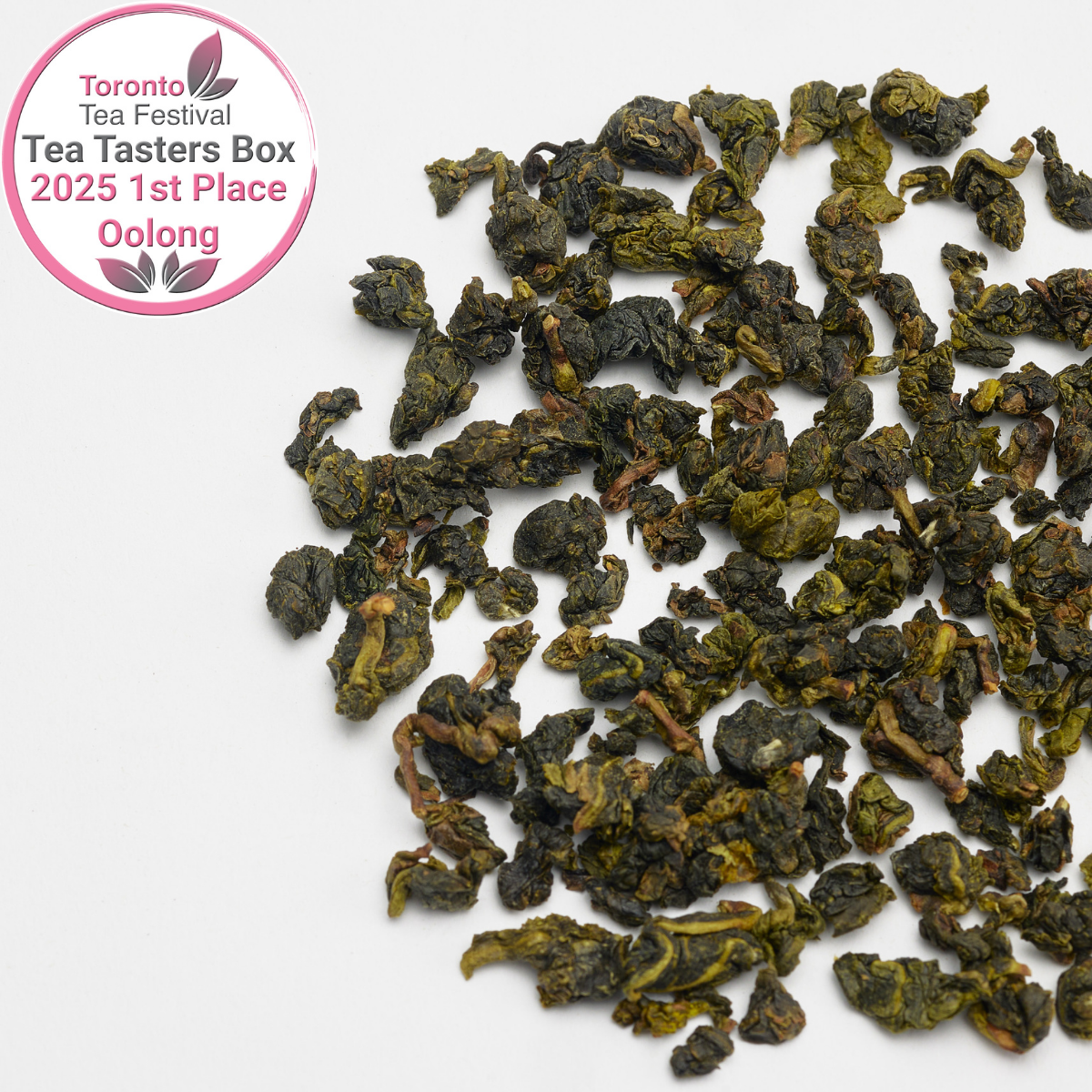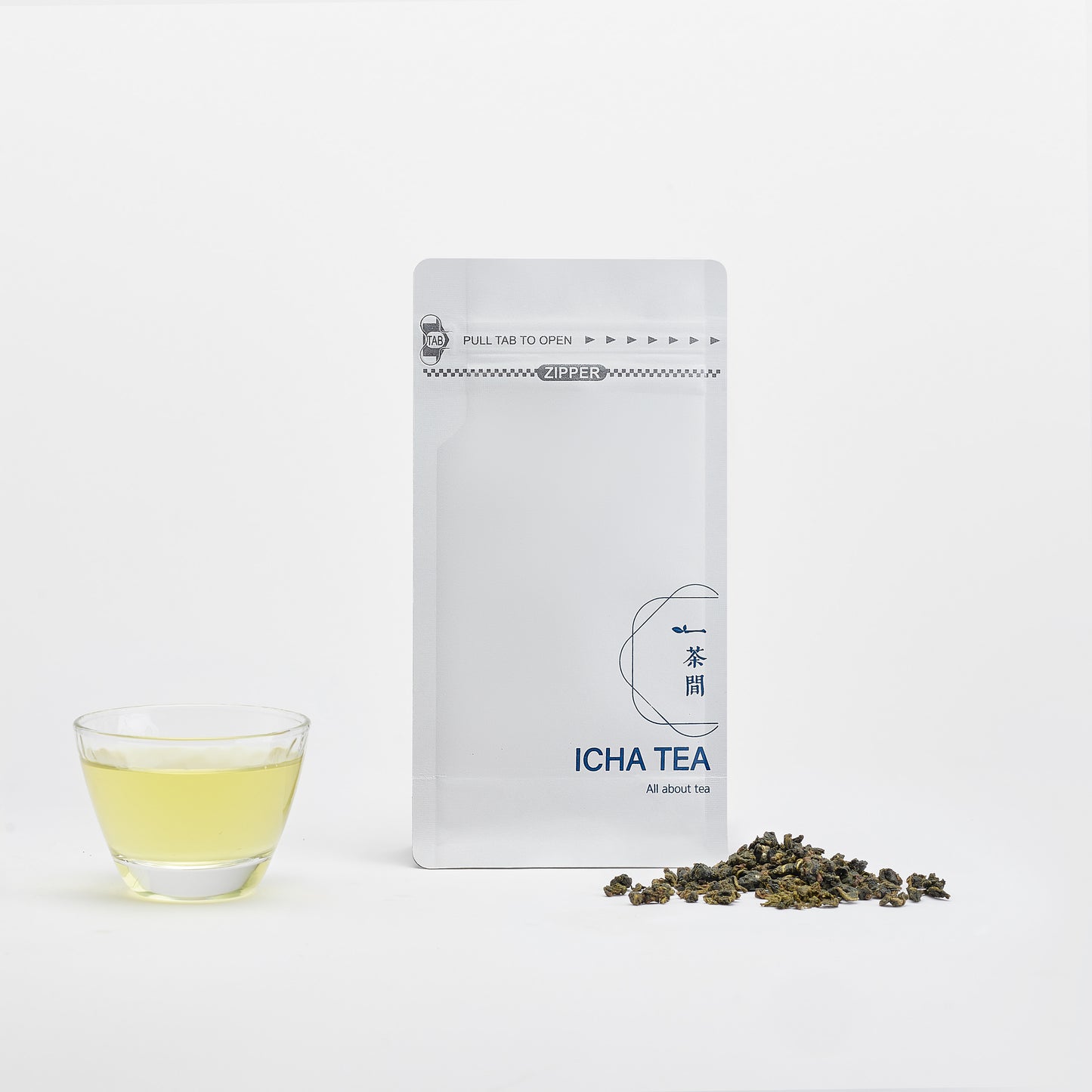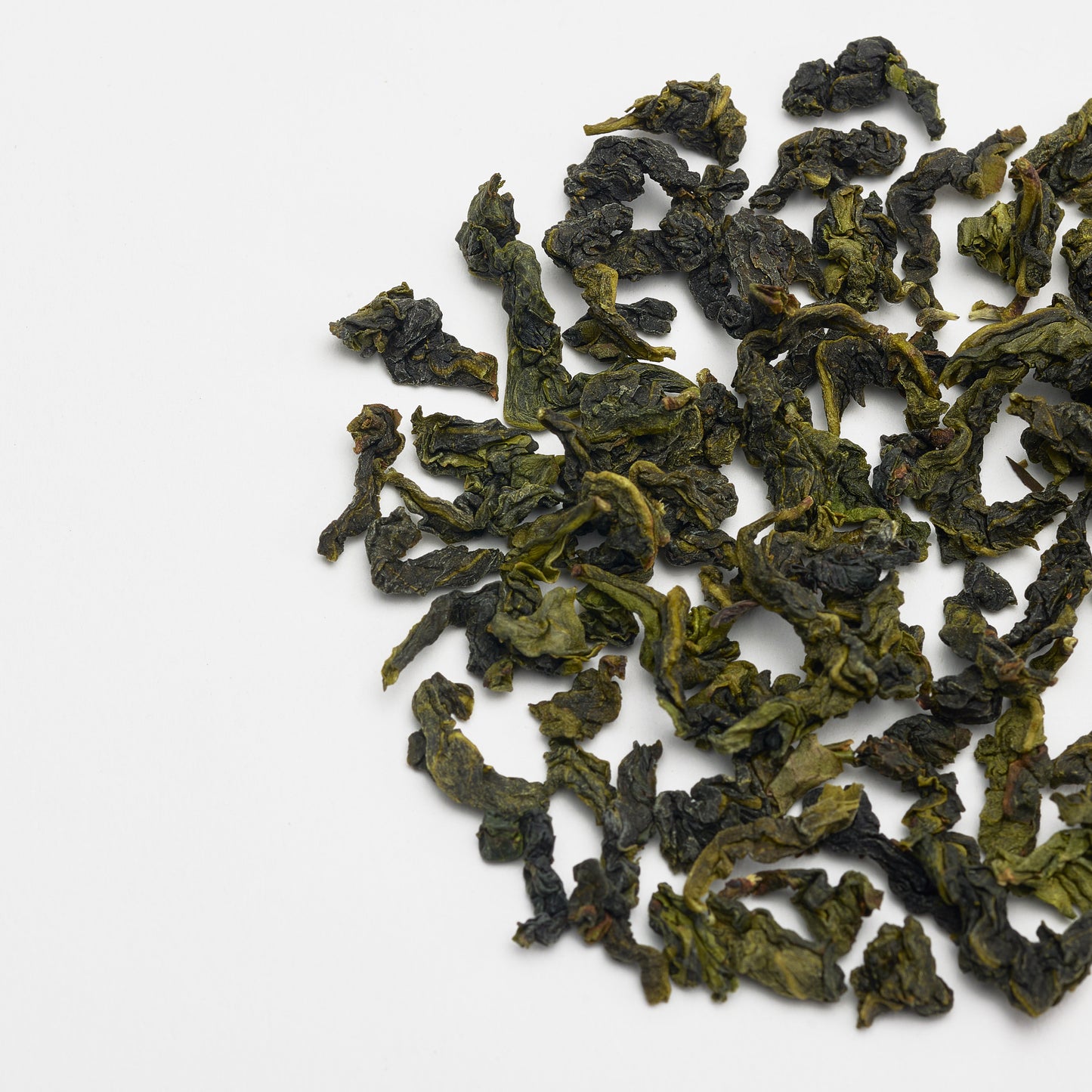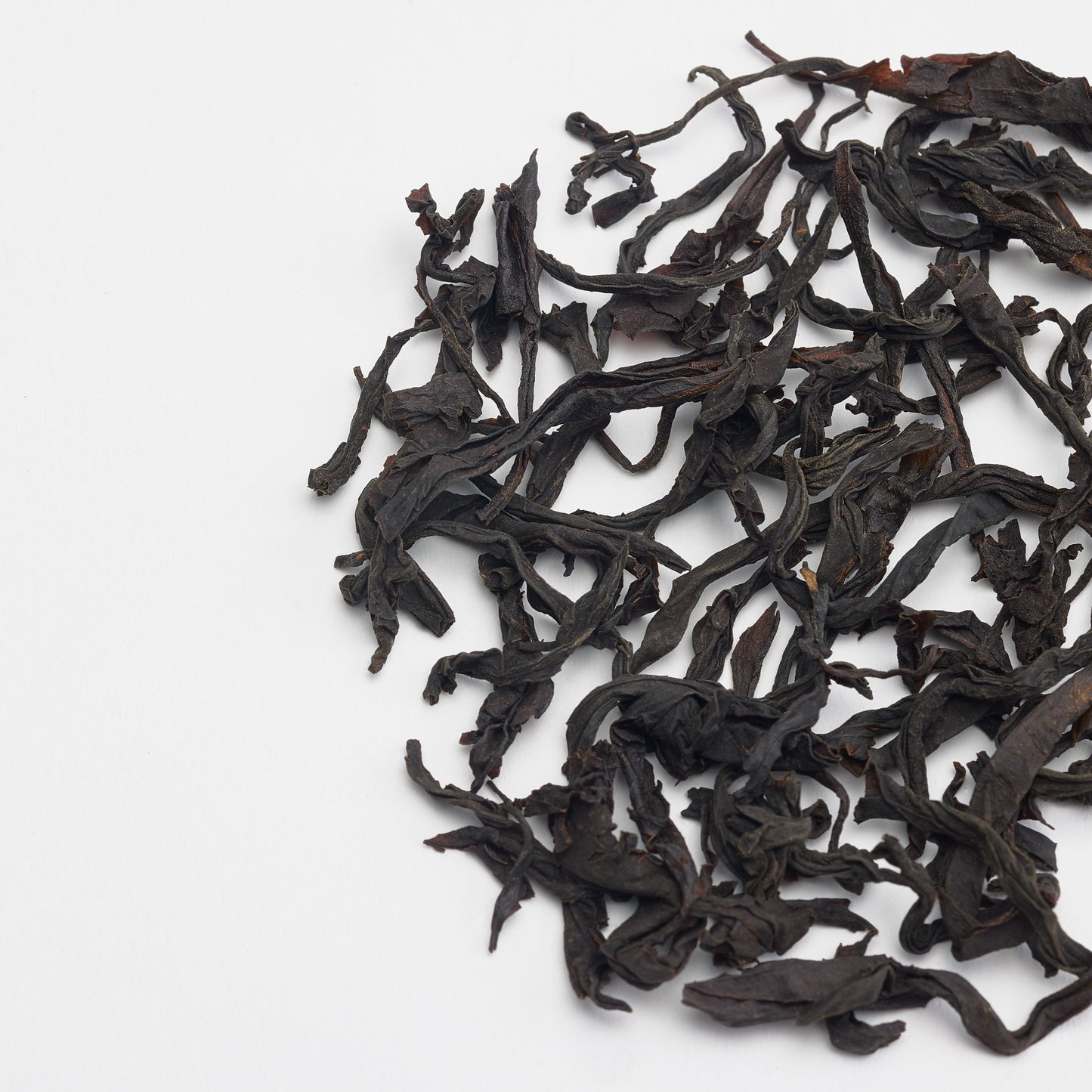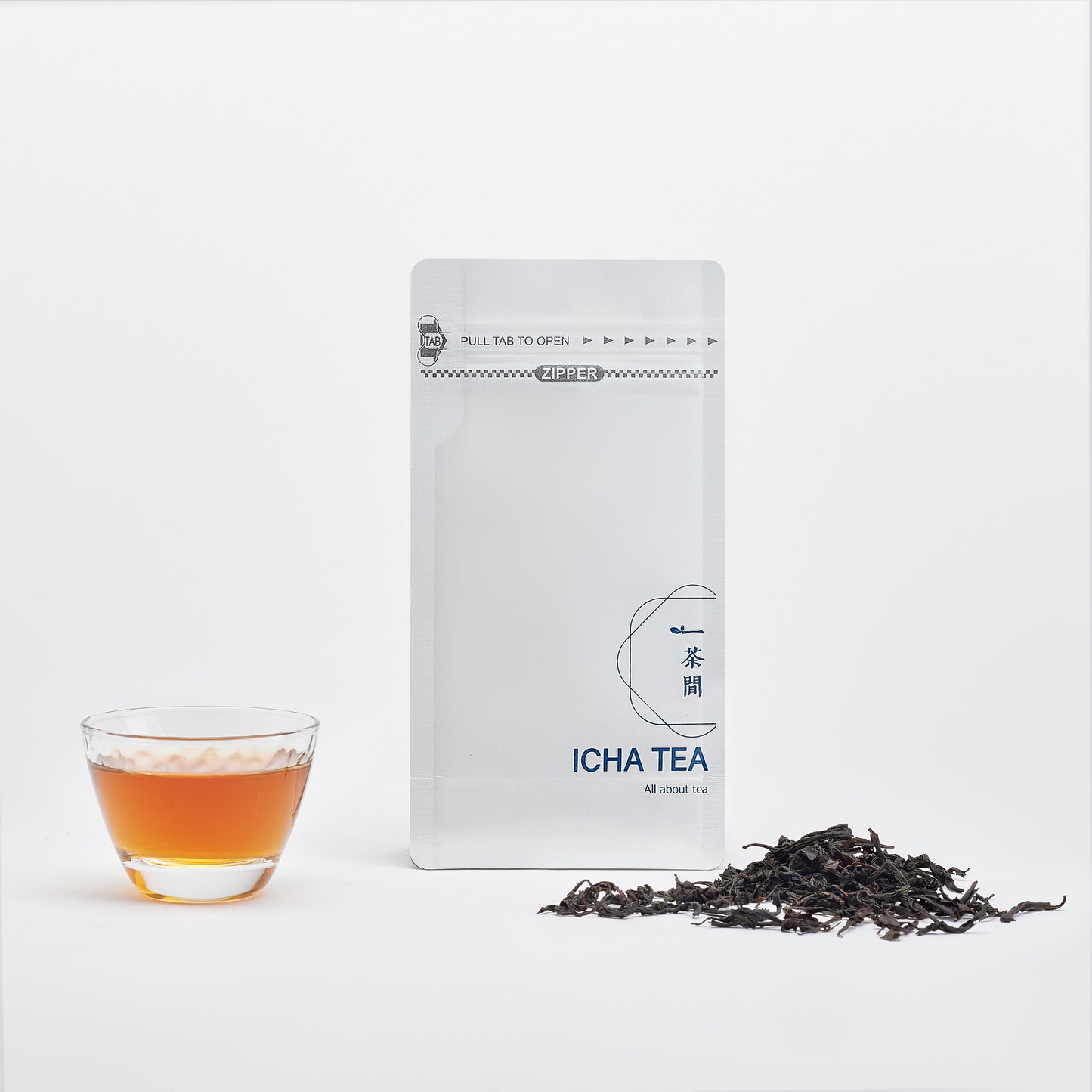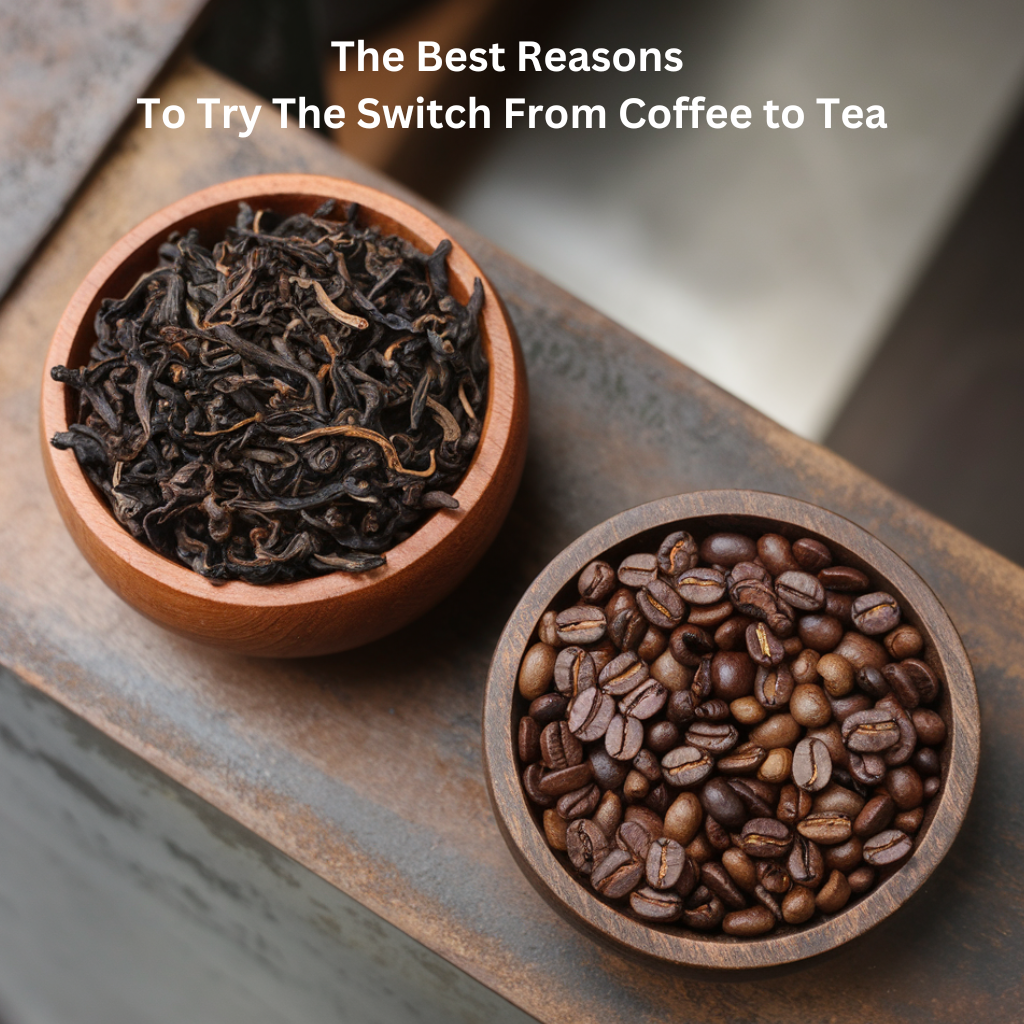
There’s been two beverages which have developed world-wide cult followings. The versatility of tea leaves and coffee beans has fueled the growth of billion-dollar industries in the form of bubble teas and Starbuck’s latte. Are you part of team coffee or team tea? Well, emerging research suggests tea might offer a little more balanced approach to getting your caffeine fix. While both team coffee and team tea offer pretty sweet health benefits, tea as we’ll see, offers some extra unique properties, especially for health-conscious and particularly sensitive caffeine drinkers.
Understanding Caffeine Differences Between Gentle vs Intense
The way tea delivers caffeine to our system is fundamentally different from coffee. The slower release pattern often results in more sustained energy without the common coffee crash. We like to think of the difference between coffee and tea as waking up with a trumpet blowing in your brain (coffee!), versus a gentle breeze and calm waterfall. There are some caffeine intake safety considerations when consuming more than the daily recommended limit of 400mg. Caffeine is considered the most widely consumed psychoactive drug in the world.
It would seem that when it comes to the powerful effects of caffeine, less might be more. Tea offers a more moderate caffeine content compared to coffee, typically providing 50-70mg per cup versus coffee's 80-100mg. This lower caffeine level, combined with tea's unique compounds, creates what experts call a "gentle lift" rather than coffee's intense surge and crash. As we’ll learn in the next section, tea has an edge over coffee thanks to a calm friend called L-theanine.
Tea's Secret Calm Friend L-Theanine
There is one undisputed advantage that tea has over coffee called L-theanine. This is an amino acid rarely found in other beverages. This compound works synergistically with caffeine to produce a state of superior calm alertness, something researchers call "focused relaxation." The secret here is that L-theanine works together with caffeine to offset some of the negative “crash” side effects.
Recent studies from the Journal of Nutrition & Metabolism suggest that L-theanine can:
- Enhance cognitive performance
- Reduce stress and anxiety
- Improve sleep quality
- Promote concentration without jitters
L-theanine has been heavily researched with peer-reviewed studies and can be even [purchased as a supplement] in 100mg-300mg capsules.
(Read more about nature's natural stress buster L-theanine and matcha tea)
Antioxidants In Abundance
While coffee contains beneficial antioxidants, tea offers a broader spectrum of these protective compounds that prevent cell damage. Different tea varieties provide distinct antioxidant profiles:
Green tea features high levels of EGCG (epigallocatechin gallate), linked to:
- Enhanced metabolism
- Cellular protection
- Anti-aging properties
Black tea contains theaflavins and thearubigins, associated with:
- Cardiovascular health
- Reduced inflammation
- Improved gut health
How To Transition From Coffee To Tea
Transitioning from coffee to tea requires understanding several factors:
Timing Your Switch
Start by replacing one coffee with tea, preferably in the afternoon when lower caffeine is beneficial and will support better sleep architecture. This gradual approach helps avoid withdrawal symptoms while appreciating tea's subtle benefits.
Choosing Your Tea
We suggest begin with black tea if you're really hooked on coffee's unique robust flavour. If you still gradually exploring green, oolong, or white teas as your palate adjusts. Each variety offers unique taste profiles and health benefits.
Proper Preparation
Unlike coffee's relatively straightforward brewing, tea requires specific temperatures and steeping times to maximize benefits and flavour. Generally, black teas and oolong teas need boiling water and 3-5 minutes of steeping, while green teas prefer cooler water and shorter steep times to avoid too much astringent flavour. Aged or fermented teas like pu erh can be re-steeped many times. Subsequent steeps of pu erh tea can be steeped 5-20 mins, even longer, depending on how dark and strong you like your cup.
(Check out the comparison between Pu-Erh and Black Tea)
Long-Term Benefits of Drinking Tea
Research published in the European Journal of Preventive Cardiology suggests regular tea drinkers show improved health outcomes compared to non-tea drinkers, including:
- Lower risk of cardiovascular disease
- Better stress management
- Enhanced cognitive function
- Improved sleep quality
(Check out more of the science behind the health benefits of drinking tea black tea daily)
The Environmental Perspective
Tea cultivation often has a smaller environmental footprint than coffee production. Many tea gardens maintain traditional farming practices that support biodiversity and soil health, making tea an environmentally conscious choice.
While personal preference ultimately dictates beverage choice, understanding tea's unique benefits helps inform this decision. Its combination of gentle caffeine delivery, unique compounds like L-theanine, and diverse antioxidant profile makes it an excellent alternative to coffee, especially for those seeking a more balanced energy boost throughout their day.
Remember, the switch to tea doesn't have to be all-or-nothing. Many people find benefits in incorporating both beverages into their routine, using each strategically for different times of day or different needs. The key lies in understanding your body's responses and choosing accordingly.

